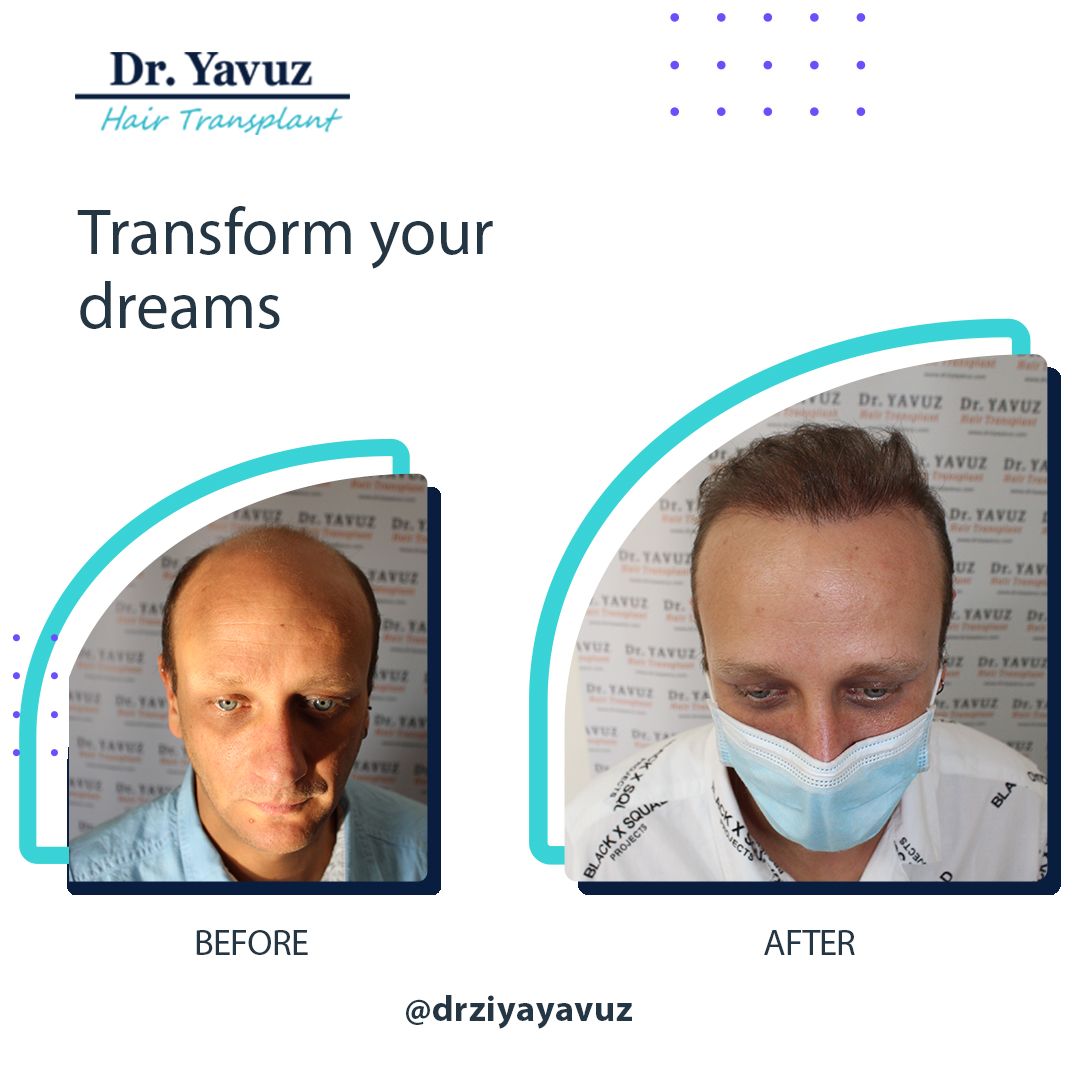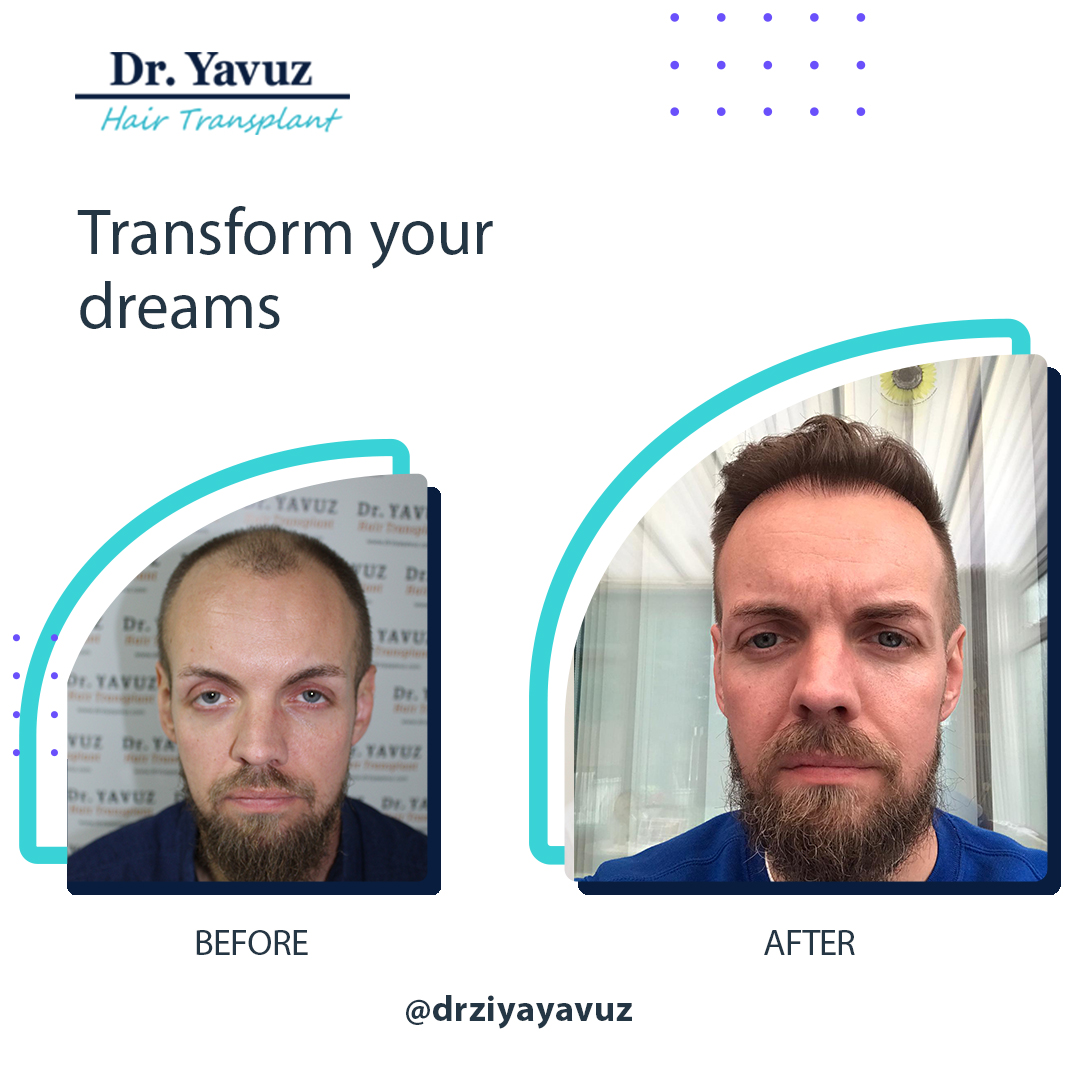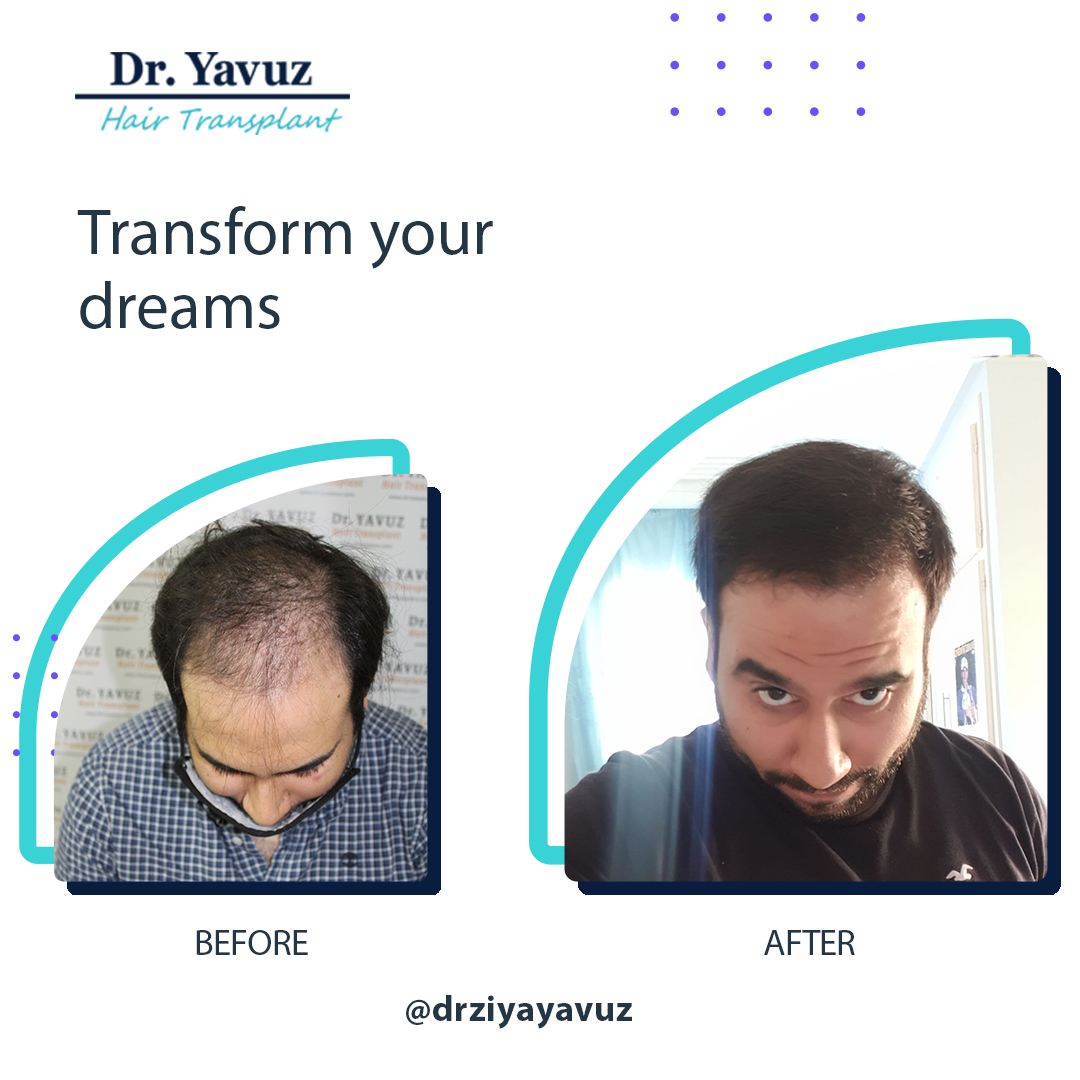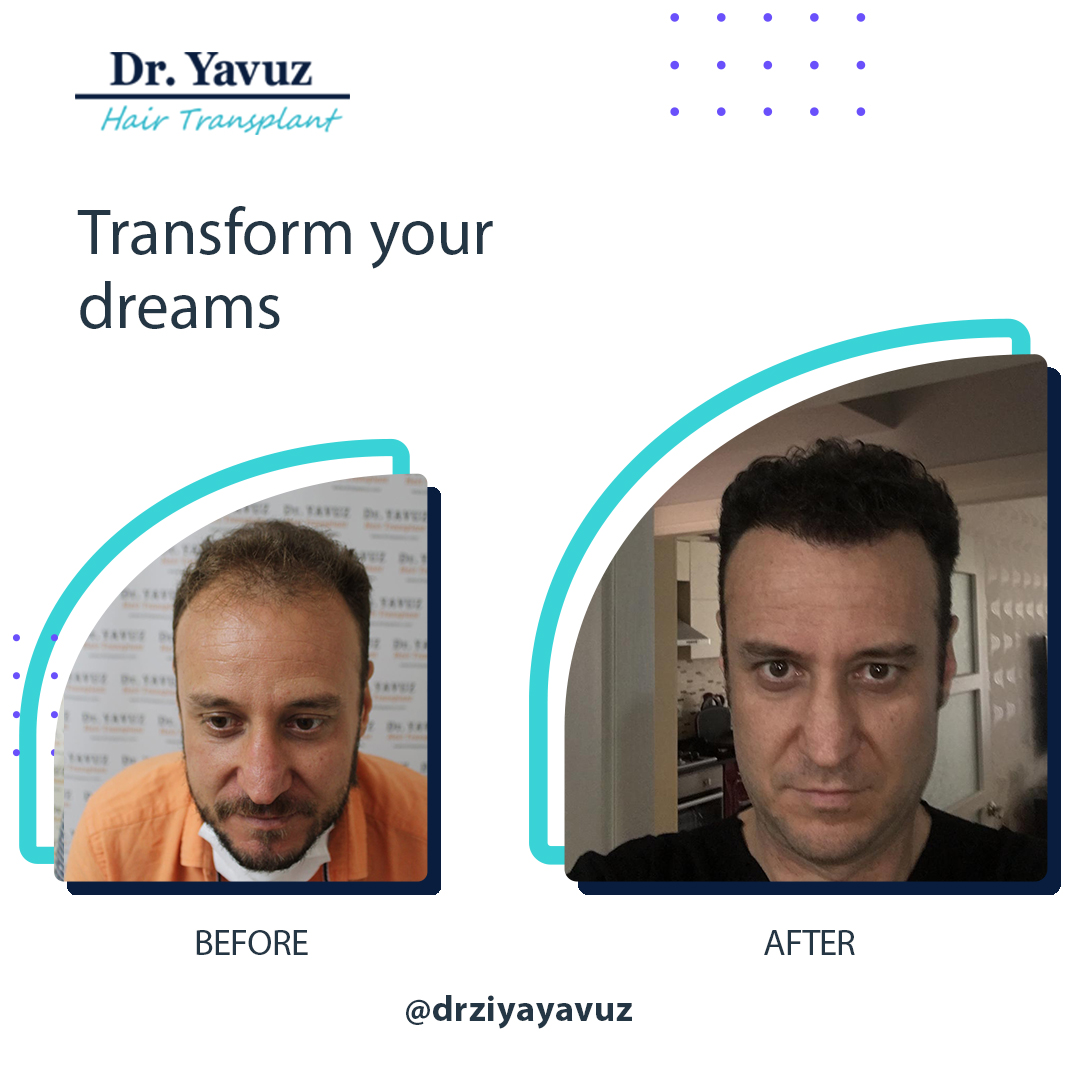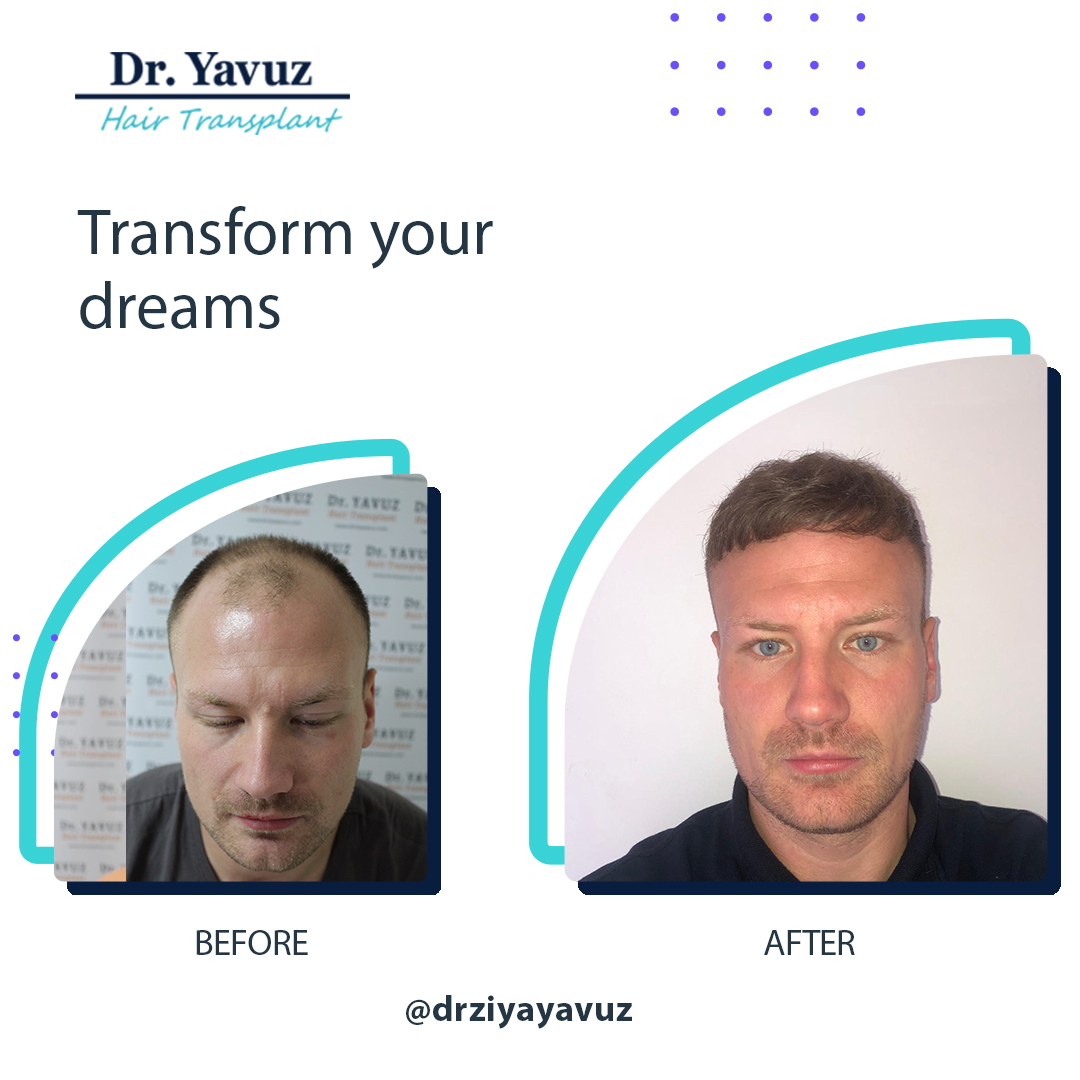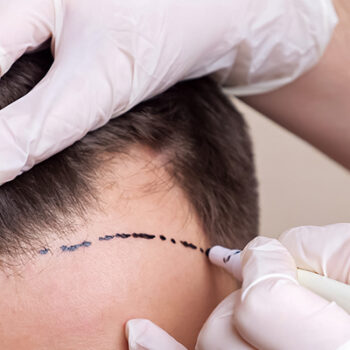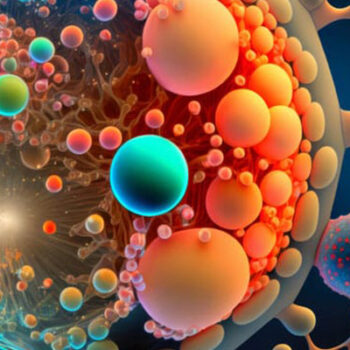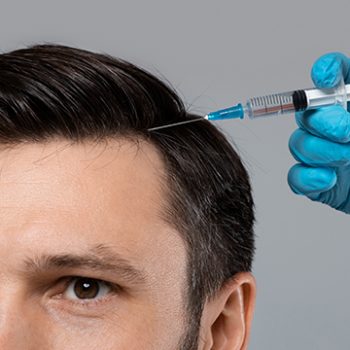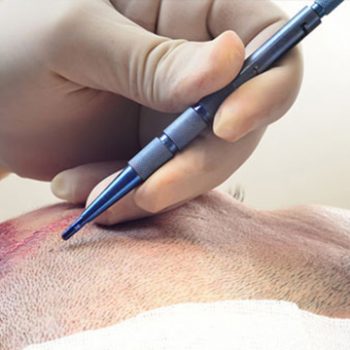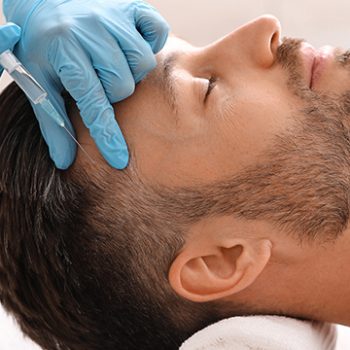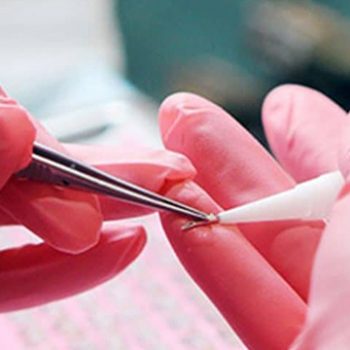Exosome + Cold Plasma Enhanced Healing Protocol
The quality of the healing process after a hair transplant directly affects the final result. Thanks to modern medical technologies, not only the transplant procedure but also the recovery phase can now be scientifically optimized. Our specially designed “Exosome + Cold Plasma Recovery Package” is performed 1 day after the hair transplant and is aimed at accelerating healing and maximizing the survival of transplanted grafts.
This advanced protocol combines exosome therapy, which activates cellular regeneration, with cold plasma technology, which enhances wound healing and reduces post-transplant complications. Together, they support the early healing phase of the scalp and help improve transplant success rates.
Purpose of the Treatment
The first 48 hours after a hair transplant are the most critical period during which the transplanted grafts adapt to their new tissue environment. This package is designed to optimize that early phase.
- Enhances graft survival
- Controls inflammation
- Increases oxygenation of the scalp
- Accelerates wound healing
- Reduces the risk of necrosis
- Minimizes infection and other complications
- Supports stronger, healthier, and more vibrant hair growth over time
1-Exosome Therapy
Exosomes are microscopic biological messengers that carry growth factors and regenerative signals between cells. When applied after a hair transplant, they rapidly regulate the healing environment and significantly accelerate recovery.
Benefits of Exosome Therapy After Hair Transplantation:
- Stimulates cellular repair and regeneration
- Enhances graft anchoring and survival
- Improves overall tissue quality
- Activates dermal papilla cells, promoting new hair growth
2-Cold Plasma Therapy
Cold plasma is a highly bioactive form of plasma energy that works at low temperatures, making it safe for the skin and scalp. It supports healing through multiple mechanisms without causing thermal damage.
Benefits of Cold Plasma After Hair Transplantation:
- Provides antibacterial action and reduces infection risk
- Increases microcirculation and improves oxygen delivery to grafts
- Accelerates wound healing and tissue regeneration
Cold Plasma’s Role in Reducing Necrosis & Post-Transplant Complications
One of the most undesirable complications after a hair transplant is tissue necrosis. Cold plasma significantly reduces this risk through several mechanisms:
- Enhances microvascular blood flow and oxygenation
- Reduces ischemic stress on the tissue
- Controls inflammation and oxidative stress
- Accelerates tissue repair around grafts
As a result, cold plasma lowers the likelihood of necrosis, while also reducing:
- Excessive swelling
- Redness and irritation
- Irregular scabbing
- Warmth, tenderness, and early infection symptoms
Who Can Benefit From This Package?
- All patients who have undergone a hair transplant
- Individuals seeking a faster, more comfortable recovery
- Patients who want to reduce swelling and redness
- Those aiming for maximum graft survival
- Anyone wishing to minimize necrosis and infection risks
Treatment Process
- Performed 1 day after the hair transplant
- Takes approximately 20–30 minutes
- Completely painless; no anesthesia required
- Patients can immediately return to daily activities
Why Choose This Package?
- Strengthens hair transplant results
- Supports faster, healthier recovery
- Reduces the risk of necrosis and infection
- Enhances graft survival and adaptation
- Promotes a denser, more natural final appearance

 English
English Français
Français Deutsch
Deutsch Türkçe
Türkçe 中國人
中國人

